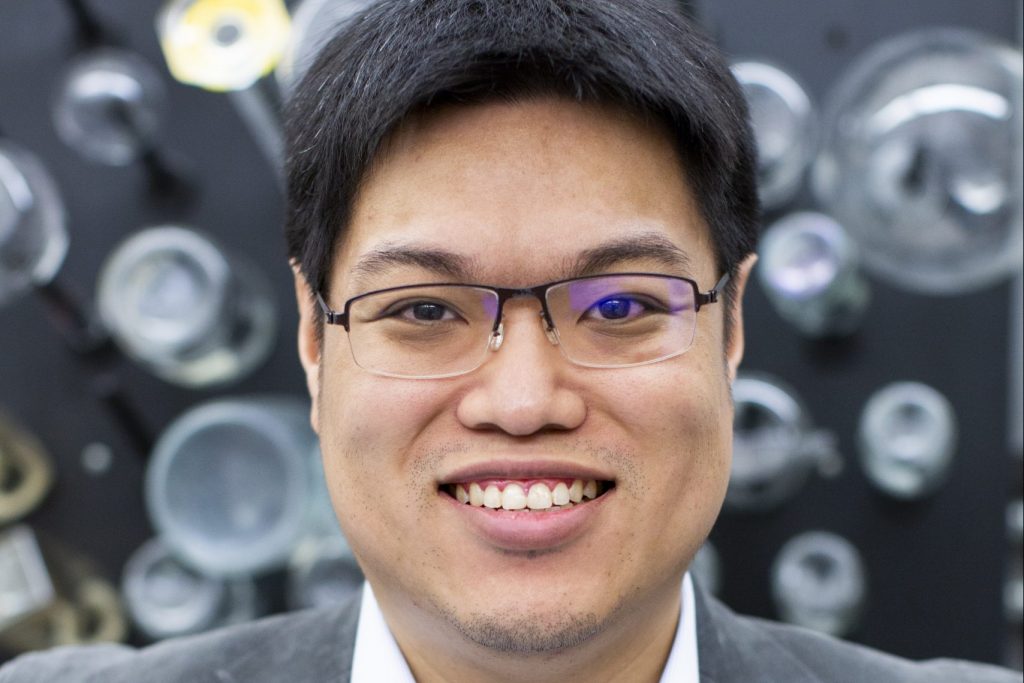June 17, 2020

Sam Lai, Ph.D., an associate professor at the UNC Eshelman School of Pharmacy’s Division of Pharmacoengineering and Molecular Pharmaceutics, has received two separate R01 awards from the National Institutes of Health totaling $3.5M to develop antibodies for non-hormonal contraception.
The first project seeks to develop bispecific antibodies that can reduce sperm motility through mucus by both binding multiple sperm together as well as turning off the biological machinery that allow sperm flagella to beat and propel itself through mucus. The second project, part of a larger $3.5 million initiative with Oak Crest Institute of Science, seeks to create a “smart” integrated intravaginal ring that can provide non-hormonal contraception, HIV prevention, and monitoring of the ring usage.
The Lai Lab focuses on a variety of research projects, including mucosal immunology, mucosal therapeutics, antibody response to synthetic materials, and targeted nanoparticle delivery and gene therapy with bispecific antibodies. For the last couple of years, the lab has been working on potent antibodies that would prevent fertilization by clumping sperm together and stop them from swimming through mucus and reaching the egg. Lai said this is actually a naturally occurring type of infertility where women produce antibodies against their partner’s sperm and prevent sperm from swimming through mucus.
Lai currently serves as the EII director of academic innovation. He said this new funding can help develop “next generation” molecules for clinical testing. “Almost all of the methods that are available on the market for women to use are hormonal in nature,” he said. “There is a major unmet need now with providing non-hormonal contraception.”
The lab is part of a consortium currently advancing the first contraceptive antibody into clinical studies, slated to begin later this year. Mucommune, a startup spun out from the research group, has licensed some of the inventions associated with contraceptive antibodies, and has received substantial SBIR funding to support preclinical development of an intravaginal ring releasing contraceptive antibodies.
Latest News

RASP poster presentations capture student research

Delesha Carpenter promoted to full professor


